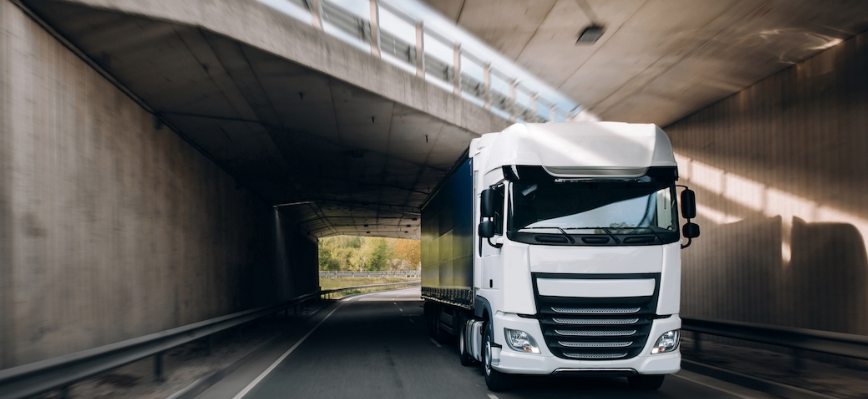This situation has led to the emergence of a wave of eco-friendly products in the form of E-Trucks, hybrid systems, and pure electric vehicles that are beginning to see significant numbers on the market.
While it’s true that their selling prices have not yet reached a significant portion of the population, the path has already been set, and electric models with prices that the average consumer can afford are starting to be announced.
However, the environmental transition for the transport and logistics industry, along with everything related to shipping, is proving to be more challenging.
This transition is not occurring, and in cases where it is taking shape, it is happening slowly, inefficiently, and with an unsustainable economic equation.
For this reason, some of the major multinational companies operating in Europe and heavily involved in shipping and transportation – an activity without which they could not survive – have sent a letter to the European Parliament.
In this letter, they urge Brussels to take a more assertive stance on reducing emissions in the transportation and logistics sector for the benefit of the environment.
The European Commission has set emission reduction standards for carbon dioxide at 45% by 2030 compared to 2019, a figure that will increase to 65% by 2035 and 90% by 2040.
Read more: T&E: “EU CO2 Standards Not Encouraging Electric Truck Production”
However, according to companies like Pepsico, Nestlé, Nike, Deutsche Post, Heineken, and 35 other corporations, as well as the EV100 lobby, which includes firms like Allianz, Barclays, Hewlett Packard, Coca-Cola, and Iberdrola, these targets are not sufficient.
Specifically, the group is calling on the Parliament to raise the CO2 reduction target for trucks from 45% to 65% by 2030, which would, according to their calculations, result in having 150,000 emission-free trucks on the roads by that date.
They also request that a final goal of 100% reduction be set for 2050, instead of the current 90%, and that the focus be expanded to include areas like construction, waste management, and certain types of urban distribution, which are currently excluded from the reduction goals.
“Some of us have even set more ambitious climate goals for our own companies and work daily to achieve them,” explain the companies in the letter sent to Brussels, obtained by Fleet People.
The companies justify their request based on their need to acquire fleets of electric trucks as quickly as possible to meet their sustainability goals.
This is a possibility that they cannot access due to the fact that the prices and technology for heavy-duty zero-emission transportation are still unaffordable for most players in the industry, with prices for an electric truck easily approaching €300,000.
For this reason, they argue that if Europe approves more stringent emission reductions for trucks, this pressure will encourage the industry to move faster in terms of research, incentives, and the necessary parameters to develop cost-effective heavy-duty emission-free vehicles for businesses that rely on transportation.
“More ambitious CO2 targets, both in 2030 and 2040, lead to significantly lower total cost of ownership (TCO) and greater savings, as it will accelerate the mass production of zero-emission trucks,” concludes the letter sent to Europe, as reported by Fleet People.







